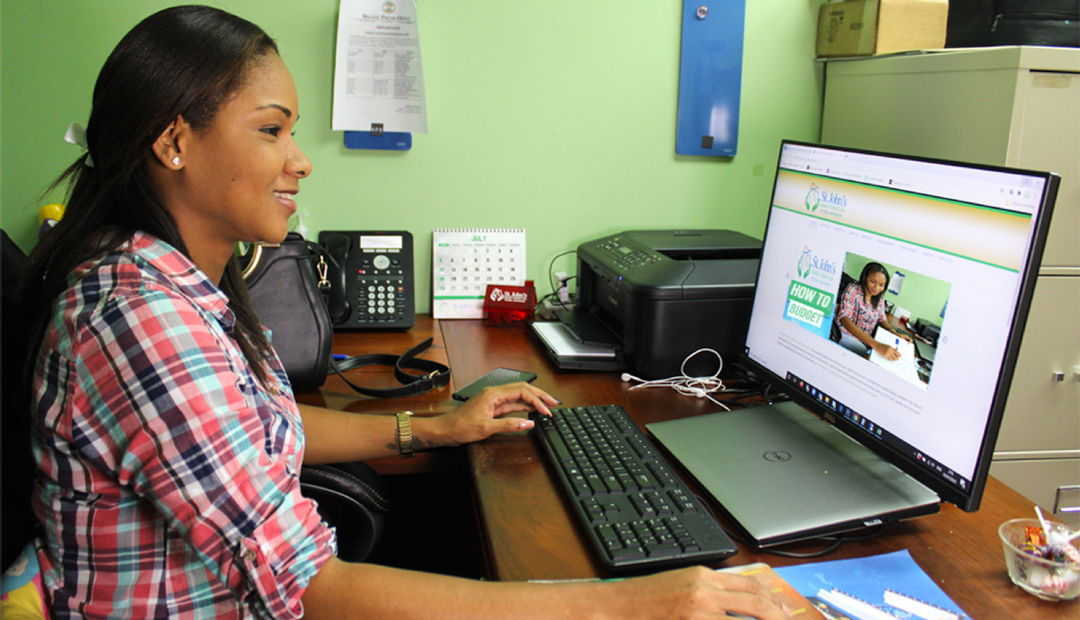How to budget during this time
The Coronavirus Pandemic has turned life upside down for many of us. It is no doubt that our finances have taken a drastic hit leaving most uncertain of how they will manage their daily expenses. Our budgets and how we spend money has definitely change. Since we are now getting back into some sort of normalcy, it is time to reset your budget and take steps to minimize some of the pandemic’s impact on your finances. Making changes in the following areas can help you get back on track:
1. Assess your income
Review your current monthly income, including any money you received from COVID-19 Relief fund. Try to look for ways you might be able to increase your income. It is now time to tap into your side hustle a little more to make that extra cash.
2. Review your spending
Staying home might reduce your spending on transportation and socialize or even on doing unnecessary clothing spending, however you might find yourself spending more on groceries and other essentials and since you have more groceries try to cook at home more and reduce spending on take outs or breakfast or lunch at work. Look for opportunities to reallocate money you would normally spend on lunches, clothing and socializing. Try postponing large purchases and cut back on the nonessentials to make your budget stretch further.
3. Track your Bills
Keep an eye on your bills, track them, like your mortgage or rent payments, loans and utility bills. Contact your lenders and utility providers to find out if they offer loan deferment/waivers for those affected by COVID-19. Here are some more ways to lower your recurring bills:
- Look for ways to save energy or water in your home to reduce utility bills. Internet is useful but consider if it is a necessity or luxury you do not need.
- Cut back or temporarily pause your subscriptions to Netflix or other services you don’t need.
- If you own your home, look into options for refinancing your mortgage to a lower rate.
- If you have a credit card, cut back on unnecessary online/FB purchases.
4. Save
Having an emergency fund can provide a financial cushion without relying on loans or credit cards to pay the bills. If you’ve already dipped into your savings, think about ways to slowly replenish your emergency savings over time. Consider setting up small recurring transfers into your savings account so saving money happens automatically like any other monthly expense.







